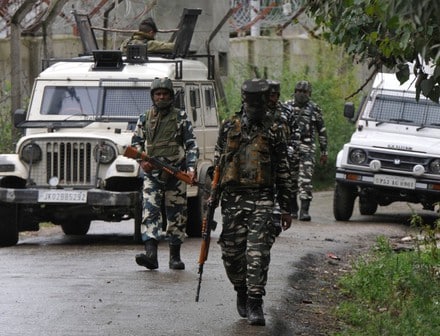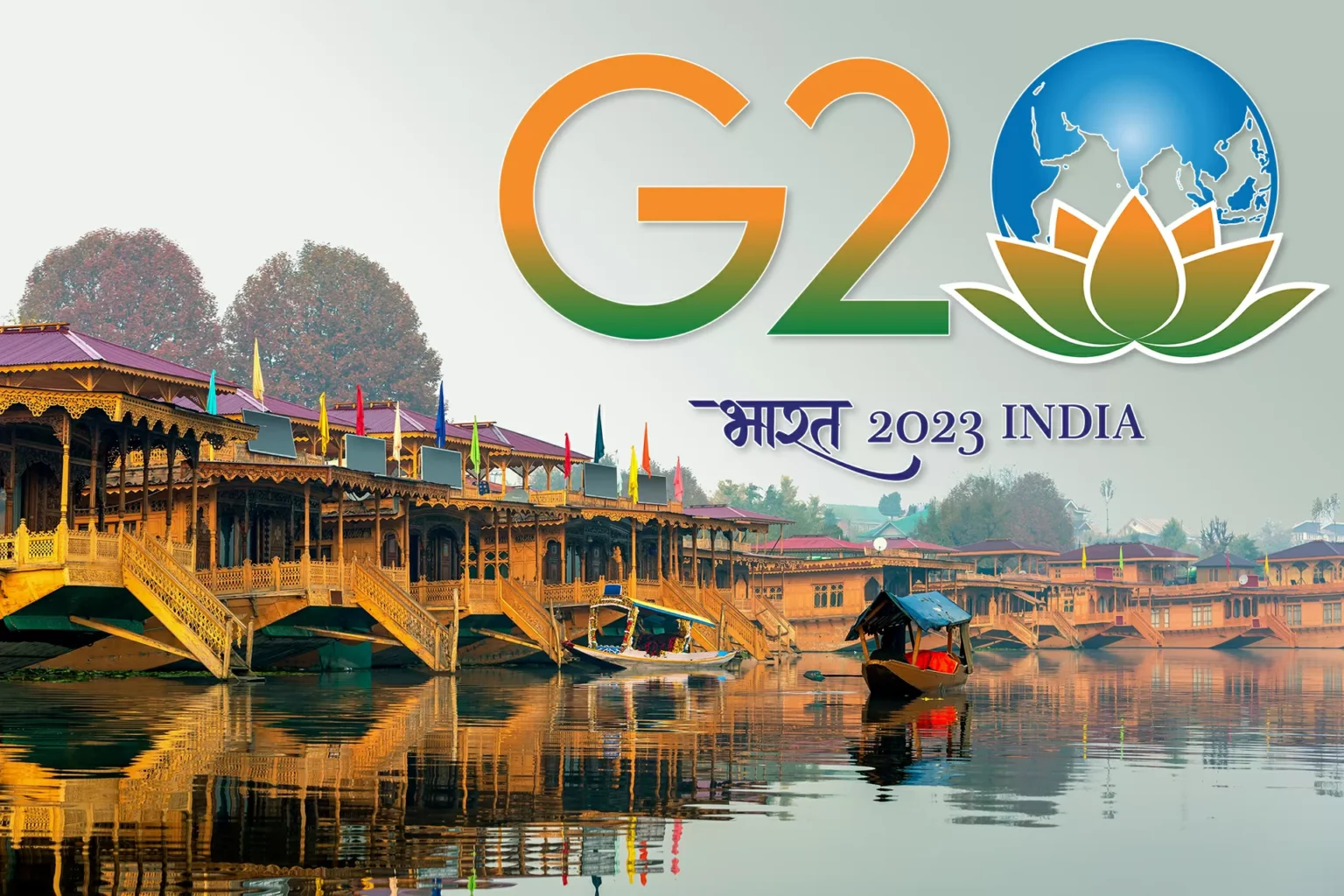The G20 Tourism Working Group gathering is set to commence in Srinagar, located in Jammu and Kashmir. Stringent security measures have been implemented, and participants have started to arrive.
Amid tight security measures, the G20 tourism conference is scheduled to commence in the region of Indian-administered Kashmir, drawing criticism from China and Pakistan, who oppose hosting the event in the contested area. India, as the holder of the G20 presidency for 2024, has scheduled over 100 gatherings throughout the nation.
For the past 75 years since their independence, India and Pakistan have been engaged in a longstanding dispute over the Himalayan region of Kashmir. Both countries, which possess nuclear capabilities, assert their claims over the entire territory, although they currently govern separate portions. Notably, two out of the three major wars between these nations have been fought over control of Kashmir.
Security Measures for G20 Summit
For many years, the Indian part of Kashmir, which is the only region in the country with a majority Muslim population, has been in a state of turmoil due to an armed uprising aiming for either independence or integration with Pakistan. This conflict has resulted in the loss of numerous lives, including civilians, soldiers, and Kashmiri rebels.
Authorities announced last week that enhanced security measures had been implemented “to minimize the risk of a terrorist attack during the G20” summit, marking the initial diplomatic gathering held in the contested area following New Delhi’s decision to abolish its limited self-governance and assume direct authority in 2019.
A large and secure location near Dal Lake in Srinagar will be the venue for a three-day event that begins on Monday. To signify the restoration of peace and normality in the area, the roads leading to the destination have been freshly paved, and the electric poles have been illuminated with the colours of India’s national flag. Last year, India saw over a million of its citizens visiting the Kashmir region as part of its efforts to boost tourism in the area.
According to Dr Sheikh Showkat Hussain, a political analyst from the area, the G20 meeting would have held significance for the people of Kashmir if the situation there had been normal. He stated that the concept of normalcy should not resemble the lifelessness of a graveyard, with limitations on media and individuals, along with people suffering in prisons. Meanwhile, there is an attempt to showcase to the world that everything is functioning normally.
China to boycott
Chinese representatives will not be present at the occasion. India and its neighbouring country to the north are currently engaged in a military conflict along their border in the Ladakh area, which is largely undefined. Beijing asserts complete ownership over the Indian state of Arunachal Pradesh, considering it as a part of its Tibet province. Additionally, it regards Kashmir as a contested region.
On Friday, Wang Wenbin, a spokesperson for the foreign ministry, expressed China’s strong opposition to organizing any type of G20 gathering in a contested region and stated that China would not participate in such meetings. China has refrained from participating in activities taking place in the regions of Ladakh and Arunachal Pradesh. According to a report, Turkey, Saudi Arabia, and Indonesia are said to be unlikely to join.
Pakistan’s Objection of the G20 Meet
Pakistan, which is not a member of the G20 and has authority over a portion of Kashmir, expressed its objection to hosting the tourism meeting in the region, arguing that it contravened international law, United Nations Security Council resolutions, and bilateral agreements.
Last week, Bilawal Bhutto Zardari, the Foreign Minister of Pakistan, expressed that India’s behaviour was being openly prideful to the international community, revealing their small-mindedness. This statement elicited a strong and swift response from New Delhi.
India claims that Pakistan provides training and assistance to armed insurgents in Kashmir, a charge that Islamabad refutes. Following the constitutional amendments in 2019, the uprising in Kashmir has predominantly been suppressed, although there is still a steady influx of young men joining its ranks.
Increased Security measures leading to frustration
India has faced criticism for severely restricting civil liberties, as dissent is now considered a crime, media freedoms have been constrained, and public protests have been heavily limited.
India dismissed the remarks made by UN Special Rapporteur on Minority Issues, Fernand de Varennes, who claimed that New Delhi intended to utilize the G20 meeting as a means to validate a situation that deserves criticism and disapproval.
The increased security measures have caused frustration among the residents, leading to the detention of numerous individuals in police stations. Additionally, thousands of people, including shopkeepers, have been contacted by officials who cautioned them about displaying any indications of protest or disturbance.














